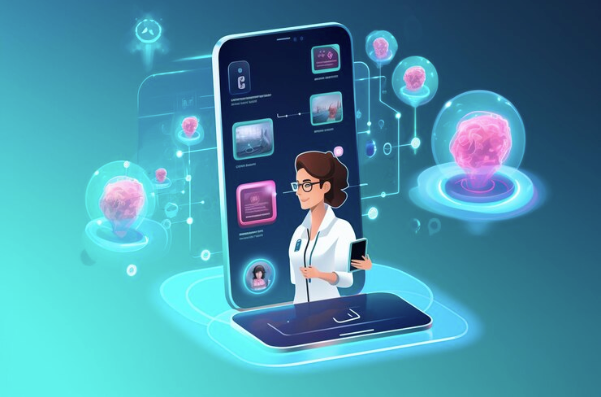Why Medical Diagnosis by Phone Bot Is a Legal and Ethical Minefield

Deploying phone bots for medical diagnosis presents significant legal and ethical challenges. While AI-driven tools offer potential benefits in healthcare, their use in diagnostic contexts raises concerns about patient safety, data privacy, and regulatory compliance.
1. Regulatory Compliance and Legal Risks
In the United States, the Health Insurance Portability and Accountability Act (HIPAA) mandates strict standards for protecting patient health information. AI systems used in healthcare must ensure compliance with HIPAA to safeguard sensitive data. However, many AI applications, including chatbots, may not fully meet these requirements, leading to potential legal liabilities.
Furthermore, the Food and Drug Administration (FDA) oversees the approval of medical devices, including software that performs diagnostic functions. AI tools intended for diagnosis must undergo rigorous evaluation to ensure their safety and effectiveness. Failure to obtain proper FDA approval can result in legal repercussions and hinder the deployment of such technologies.
2. Ethical Concerns
AI-driven diagnostic tools may inadvertently introduce biases, especially if trained on non-representative data sets. This can lead to disparities in healthcare outcomes among different patient populations. Trustshoringpmc.ncbi.nlm.nih.gov
Additionally, the lack of transparency in AI decision-making processes—often referred to as the "black box" problem—can erode patient trust. Patients may be reluctant to accept diagnoses from systems whose reasoning they cannot understand, emphasizing the need for explainable AI in healthcare.Medical Billing Company in Florida
3. Technical Limitations
Current AI technologies may not possess the nuanced understanding required for accurate medical diagnoses. For instance, AI chatbots have been criticized for providing inappropriate advice in mental health contexts, highlighting the limitations of relying solely on automated systems for complex medical assessments. The Guardian
4. Recommendations for Implementation
-
Human Oversight: Ensure that AI diagnostic tools are used to support, not replace, clinical judgment.
-
Transparency: Develop AI systems with explainable algorithms to foster trust among users.
-
Data Security: Implement robust measures to protect patient data and comply with privacy regulations.BHM Healthcare Solutions+1Trustshoring+1
-
Regulatory Approval: Seek necessary approvals from relevant authorities, such as the FDA, before deploying diagnostic AI tools.
Conclusion
While AI has the potential to enhance healthcare delivery, the deployment of phone bots for medical diagnosis must be approached with caution. Addressing legal, ethical, and technical challenges is essential to ensure patient safety and maintain trust in healthcare systems.


